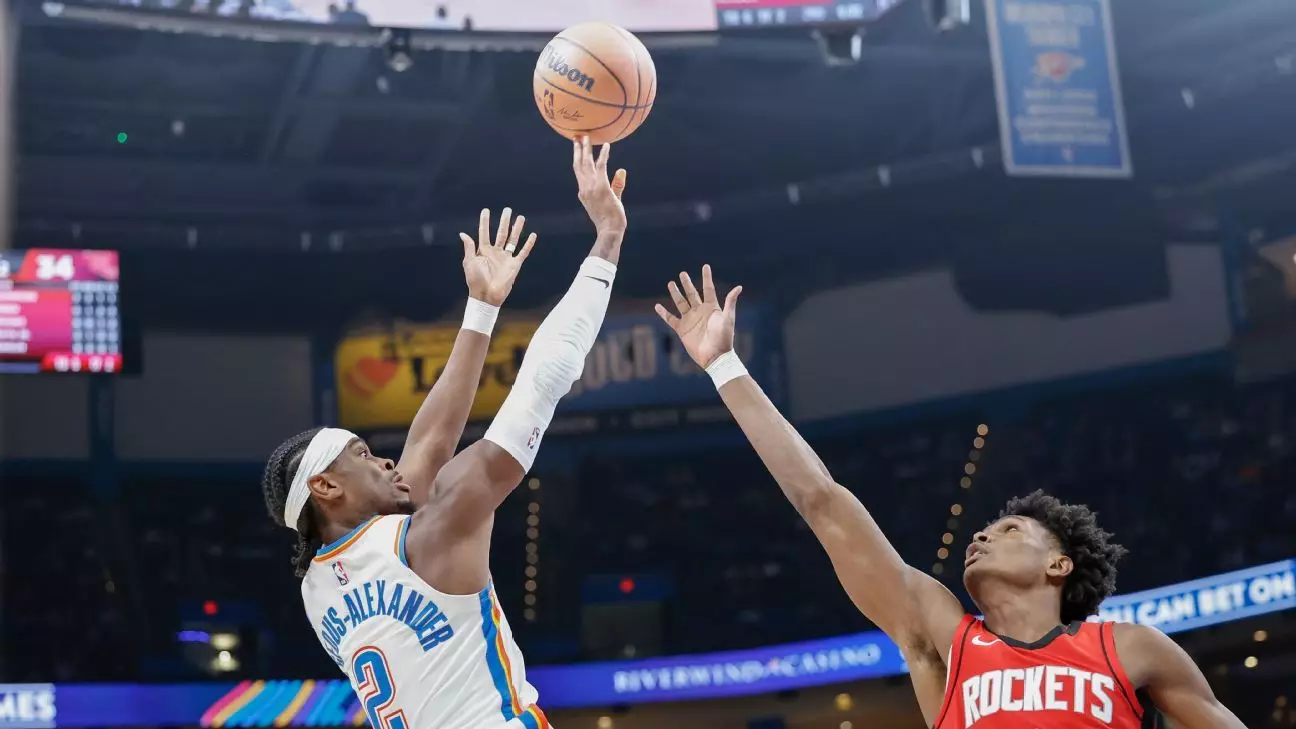The upcoming NBA season promises an electrifying array of matchups, and betting experts have already laid their cards on the table. However, a critical assessment of their predictions reveals both the strengths and pitfalls inherent in relying on early odds and current team narratives. While the experts foresee significant opportunities—like a Lakers victory debut or Houston’s poised upset—the real value lies in questioning assumptions that underpin these bets. The NBA landscape is notoriously unpredictable; injuries, team chemistry, and late-season shifts can dramatically alter outcomes. As such, a careful, skeptical approach is essential when evaluating these early betting propositions.
Reevaluating the Lakers vs. Warriors: Overconfidence in Team Revival?
Much of the excitement surrounding the Lakers’ opening night victory hinges on the assumption that LeBron James and Luka Doncic will seamlessly collaborate and elevate their squad, overshadowing the Warriors’ recent strong concluding performances. However, this optimism may overlook some critical factors.
For starters, Luka Doncic and LeBron James are both ball-dominant stars, and their pairing could lead to duplication rather than synergy if not well-coordinated. The Lakers’ roster, laden with high-profile talent, also faces the challenge of integrating new pieces quickly—a notoriously difficult feat in a single game. Furthermore, the Warriors are a resilient team, especially after finishing last season strongly despite losing key players. They also boast internal chemistry that often proves more vital than recent trades or roster hype. Betting on the Lakers to win before seeing how these superstars mesh could be prematurely optimistic, neglecting the resilience and adaptability that makes the Warriors dangerous.
Houston’s Underdog Appeal: Is the Narrative Justified?
The idea that Houston Rockets could pull off an upset against the defending champs is intriguing but warrants skepticism. While the emotional context—Durant facing his former team—adds drama, it does not necessarily translate into on-court advantage. Sports psychology is a double-edged sword: while some players thrive under high-stakes atmospheres, others succumb to pressure, especially early in the season when rhythms are still developing.
Additionally, Houston’s roster, though promising, is still in flux compared to Oklahoma City’s established core. Cutting-edge talent like Alperen Sengun and Amen Thompson are exciting, but they have yet to prove they can consistently carry high-impact performances against elite teams. The momentum of the defending champions and their experience might outweigh the raw enthusiasm of the Rockets rookies and newcomers. Betting on Houston at +200 is risky—an underdog that could be overvalued based on narrative rather than definitive on-court dominance.
Challenging the Spurs’ Cover Potential Against the Thunder
The optimism about the Spurs covering a sizable spread against the Thunder might be overly generous. Wembanyama’s impact cannot be understated—his unique skill set brings a new dimension to San Antonio’s team. However, expecting immediate results in a high-profile Christmas Day clash ignores the learning curve experienced by rookies, especially those who dominate only on potential.
Moreover, Oklahoma City’s depth, experienced core, and recent success make them formidable at home. The idea that the Spurs can effectively challenge the Thunder’s strength, especially with a nine-and-a-half-point spread, may underestimate OKC’s ability to exploit matchups and maintain focus. While Wembanyama’s talents are undeniable, betting on his team to cover such a spread immediately might be overly optimistic, overlooking the importance of cohesion and experienced game management.
Questioning the Cavaliers’ Favorability Against the Knicks
The Cavaliers’ dominant performances last season set a high bar, but their current odds suggest an undervaluing of the Knicks’ competitiveness. The fact that Cleveland swept New York last year by wide margins doesn’t automatically predict a repeat—defensive schemes, coaching adjustments, and player development can shift team dynamics dramatically.
Furthermore, the betting line of +3.5 for Cleveland seems misaligned with last season’s results and the relatively unchanged rosters. It’s critical to consider external factors such as home-court advantage, late-season injuries, or emergent players who might upset expectations. Relying solely on historical dominance without accounting for current form can be a dangerous approach. From a strategic perspective, this bet warrants scrutiny: is the value truly on Cleveland, or is it an overreaction to last season’s results?
Final Critical Perspective: The Art of Strategic Skepticism
In the world of sports betting, confidence must be tempered by skepticism. While early odds and expert predictions provide useful insights, they are before-the-fact narratives susceptible to unforeseen disruptions. A truly critical bettor should ask: Are these predictions based on current team form, or are they riding on hype and recency effects? Do roster changes, injuries, or coaching strategies justify such bold claims?
The reality is that the NBA’s competitive balance means surprises are inevitable. Betting strategies that challenge assumptions—questioning the presumed dominance of favorites, the narrative-driven underdog chances, or the perceived advantages of certain matchups—tend to be more resilient. As the season unfolds, maintaining a questioning mindset, informed by thorough analysis, will differentiate the sharp bettors from the overly optimistic. Betting is as much about skepticism as it is about excitement, and recognizing that can convert speculation into strategic advantage.

